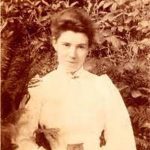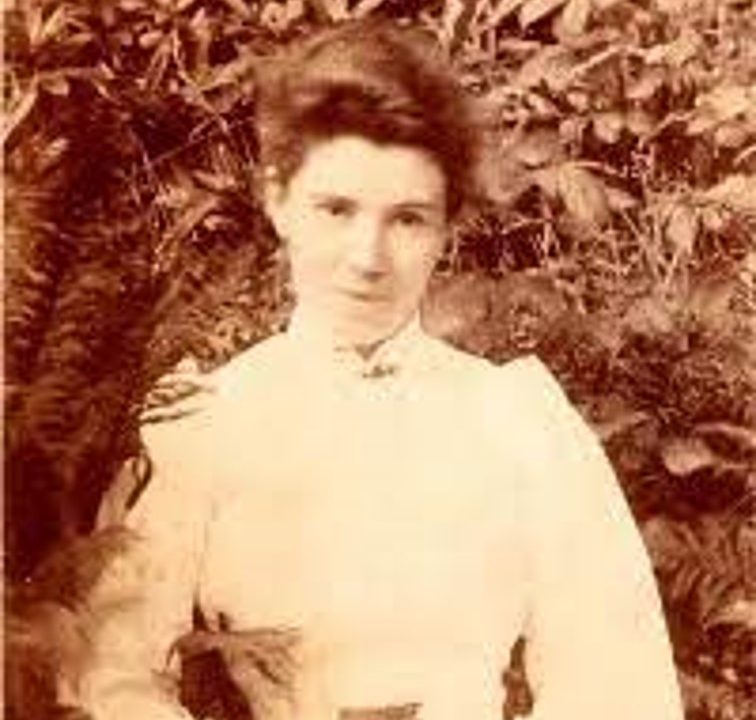Spread of the gospel in Northern Nigeria
March 6, 2023
Amy Beatrice Carmichael
June 6, 2023Count Ludwig von Zinzendorf, a European nobleman born in 1700, was destined for a life of privilege and luxury in the courts of Saxony, Germany. However, he chose to dedicate his life, influence, and wealth to the glory of his Savior, Jesus Christ. Through nearly forty years of Christian ministry, Zinzendorf was revered by some people for his deep love of Christ and reviled by others for his unorthodox ways of demonstrating that love. To Zinzendorf, the true church was an invisible body of believers hidden behind denominational barriers. Life in Christ was not what happened in the organised church; instead, it was a “Christianity of the heart.”
Zinzendorf believed in this kind of Christianity in three vital ways. First, it was essential that all believers embrace a deep, personal relationship with the Lord Jesus Christ. Second, all true believers must learn to live and worship together. “There is no Christianity without community” was his personal motto. Third, every Christian was called to help spread the message of Christ’s sacrificial death and redemption to the unreached world. “Missions, after all,” Zinzendorf wrote, “is simply this: Every heart with Christ is a missionary, every heart without Christ is a mission field!”
One of Zinzendorf’s most famous missionary stories occurred on February 14, 1743, when he was aboard the James, returning from the West Indies with the missionary leader. The ship was caught in a raging storm, and the captain, Garrison, was convinced that they would crash into the rocky shore and sink to the bottom of the ocean. Zinzendorf confidently responded that within two hours, the storm would abate, and they would be sailing in calm seas once again. The captain was amazed at Zinzendorf’s extraordinary faith and accepted Christ as Lord of his life soon afterward, and began a friendship with the count that lasted a lifetime. For years to come, Garrison served as the captain of the Moravian missionary ship that transported Zinzendorf’s missionaries to foreign lands throughout the world.
Zinzendorf’s faith and influence extended far beyond that one ship, however. At the age of ten, he was uprooted from his grandmother’s castle by his mother and taken to the Pietist boarding school Halle Paedagogium, where he was bullied by older boys because of his money, his noble rank, and his intelligence. At twelve years old, Zinzendorf and his four closest school friends formed a secret Christian society dedicated to prayer, Bible study, and faithful adherence to the teachings of Jesus Christ. They were the least popular boys in school, picked on for their lack of size and strength, but they no longer cared. One of the young men, Baron Friedrich von Watteville, became Zinzendorf’s closest friend and confidante for life.
They called themselves “The Order of the Mustard Seed,” because they believed that their small seed of faith would become a large tree of service to the Lord. Zinzendorf had gold rings designed for each of them, with the Greek words translated “No man liveth unto himself” (see Romans 14:7). Over the next forty years, the tiny seed of faith grew from their small dormitory room to the world’s political and religious stage.
Zinzendorf’s influence was not limited to his small circle of friends. He and his fellow believers became known as the Moravians, and they were instrumental in the modern missionary movement. Unlike the Anglican and Lutheran churches of Europe, who were against the idea of sending missionaries to the nations of the world, the Moravians believed that Jesus’ command to “go…into all the world”
Throughout his life, Count Zinzendorf continued to lead the Moravian Church and its missionary efforts, travelling throughout Europe and even to North America to spread the Gospel. He wrote numerous hymns, many of which are still sung today, and his influence on Christian theology and missions continues to be felt.
One of the most powerful aspects of Count Zinzendorf’s ministry was his emphasis on personal relationships with Jesus Christ. He believed that every believer should have a deep and personal relationship with Christ, and that this relationship should be the foundation for everything they do. For Zinzendorf, Christianity was not just a religion or a set of rules to follow, but a living relationship with the living God.
Another important aspect of Zinzendorf’s ministry was his emphasis on community. He believed that believers should live and worship together in Christian community, and that this community should be a visible expression of the invisible church. This idea was ahead of its time in many ways, and Zinzendorf faced criticism from some who believed that he was trying to create a cult or sect. But for Zinzendorf, community was an essential part of the Christian life, and he worked tirelessly to build and maintain strong Christian communities wherever he went.
Finally, Count Zinzendorf was deeply committed to the spread of the Gospel to the unreached peoples of the world. He believed that every Christian had a responsibility to share the message of Christ’s love and salvation with those who had never heard it before. This was not just the work of professional missionaries, but the responsibility of every believer. For Zinzendorf, missions were not just about sending out missionaries to foreign lands, but about living a missionary lifestyle wherever you were.
In conclusion, Count Ludwig von Zinzendorf was a man who dedicated his life to the cause of Christ. He was a missionary, a theologian, a hymn writer, and a leader of Christian communities. But more than that, he was a man who had a deep and personal relationship with Jesus Christ, and who believed that every believer should have the same. His emphasis on personal relationships, community, and missions continue to inspire Christians around the world today, and his legacy is one that we should all strive to emulate.
Source: God’s Generals by Roberts Liardon



